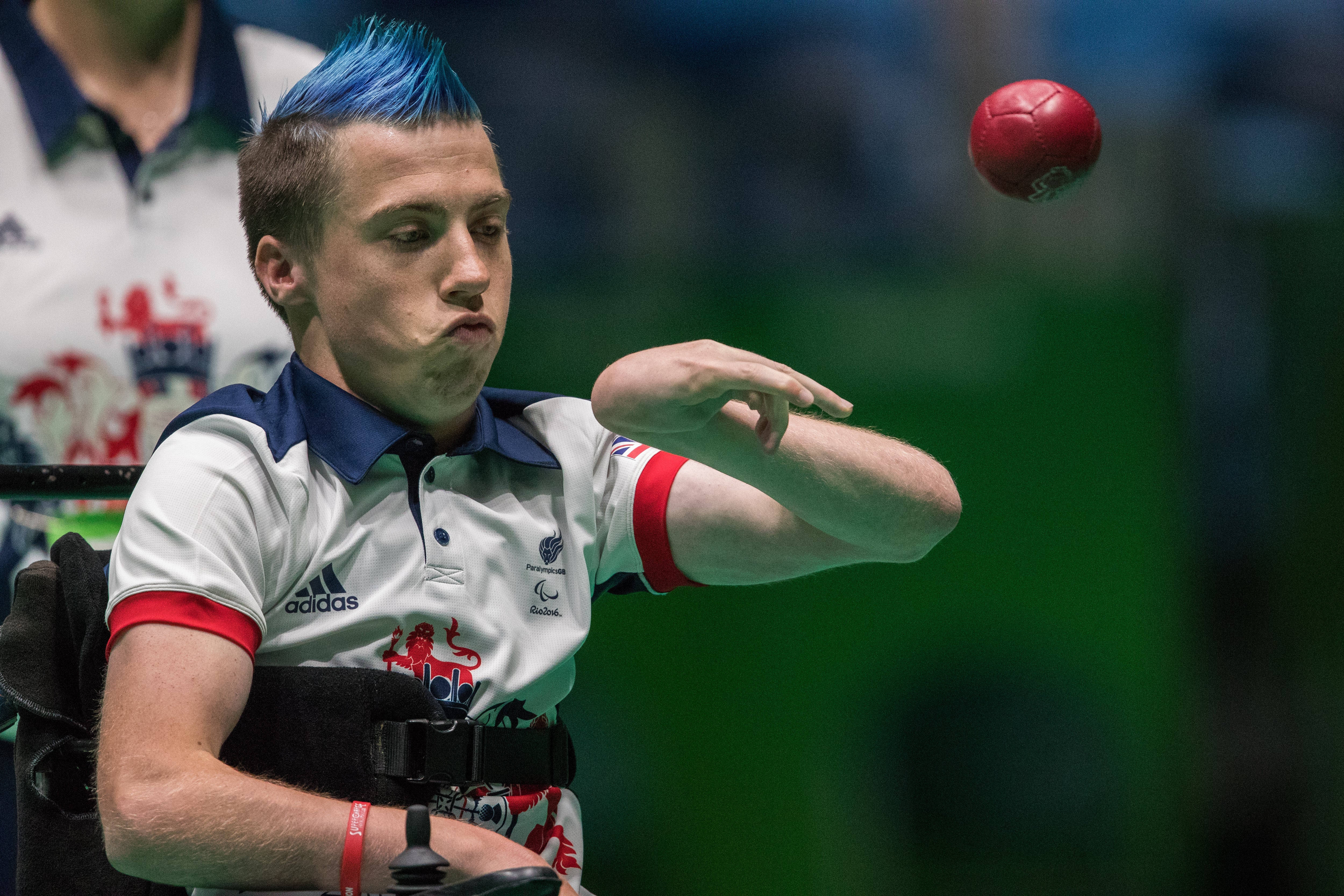What is boccia at the Tokyo Paralympics? The rules explained
One of the most distinctive and tense sports set to take place at the Paralympic Games in Japan is boccia, an event, like goalball, with no Olympic equivalent.
A tactical target sport akin to bowls or petanque, the game traces its roots all the way back to Ancient Greece and Egypt and is thought to be one of the oldest ever played by humans.
Follow Paralymics LIVE: Latest news and updates from Tokyo
Developed in its contemporary incarnation as a competition in which sufferers of cerebral palsy and muscular dystrophy could take part, boccia made its first appearance in the Paralympic Games in 1984 when 19 athletes representing five countries participated.
Now, this precision game is played in 75 countries around the world and is the fastest growing disability sport in the world, according to Boccia England.
It takes place on a flat, smooth surface approximately the size of a badminton court and can be played by individual rivals, pairs or teams of three, who remain seated throughout. All events are mixed gender.
Recommended
Boccia is a test of both a competitor’s control and accuracy, tasking them with propelling leather balls (red or blue, determined by a coin toss) as closely as possible to a smaller white ball serving as a marker, the jack, over the course of a set number of ends: four for individuals and pairs, six for teams.
Each side is given six chances per end, after which a point is awarded for each ball closer to the jack than an opponent’s. The side with the most points when all ends have been played is the winner. Should the scores be tied, an additional end is played to determine the victor.
The balls do not necessarily need to be thrown to reach the jack, although they can be. Alternatively, they can be kicked or released down a ramp or directed with an assistive device like a head pointer if the player does not have the use of their arms.
At Tokyo 2020, boccia will be underway at the Ariake Gymnastics Centre between 28 August and 4 September.
ParalympicsGB’s nine-strong team will be led by David Smith (a gold medal winner at Rio 2016 in the BC1 category), Claire Taggart and Will Hipwell, who are expected to face strong competition as a team from the likes of Thailand, China, Greece, South Korea and Slovakia.
Source: Read Full Article


